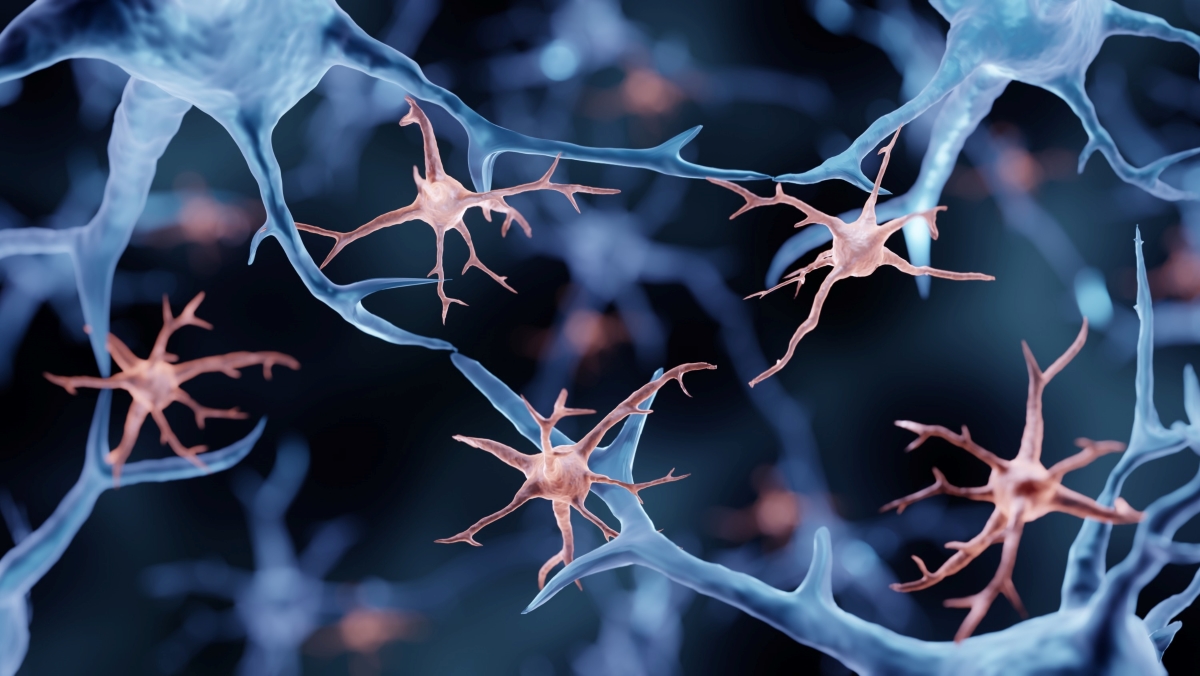New research led by Dr. Jason Plemel could point to new ways to protect the brain from diseases like MS and Alzheimer’s
30 May 2023

By Ramona Czakert Franson, in Folio May 30, 2023
In the human central nervous system, there are tiny cells that — for most people, most of the time — provide important immune protection to the brain and spinal cord. Occasionally these microglia cells run terribly awry, leading to neurodegenerative diseases like multiple sclerosis and Alzheimer’s.
But in a recent study, University of Alberta researchers have found new information about how these immune cells change and respond to injury — a discovery that could help in the search for ways to protect the human brain when these cells go bad.
“We know that under certain conditions the microglia are profoundly important for regeneration — and we also know that under other conditions they may have seemingly neurotoxic properties,” says Jason Plemel, assistant professor of neurology in the Faculty of Medicine & Dentistry and Canada Research Chair in Glial Neuroimmunology.
Plemel and his team are searching for ways to direct the central nervous system’s immune response to minimize further damage.
“Our lab is studying the yin and yang of microglia — we’re really trying to understand if and how the microglia become neurotoxic.”